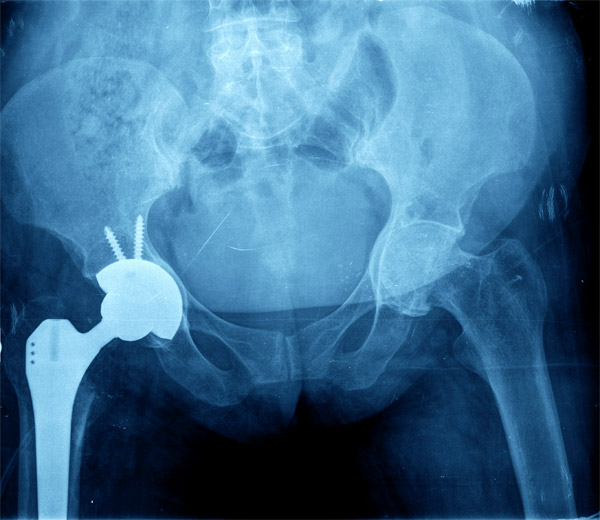Hip Replacement: What to Expect in Recovery
To prepare for recovery, you should learn what to expect in the days and weeks following surgery, including what you will and won’t be able to do. It also means arranging for social support and arranging your house to make everyday tasks easier and help speed your recovery.
You Will Need Help
Because you will not be able to drive for several weeks after surgery, you will need someone to take you home from the hospital and be on hand to run errands or take you to appointments until you can drive yourself.
In your first week or two home from the hospital you will likely need someone to stay with you or at least be close by and available in case you need help. If you don't live with a family member who can stay home with you, you should plan to stay with someone or have someone come and stay with you.
If you do not have a family member close by, a friend or neighbor may be able to help. Other options include staying in an extended-care facility during your recovery or hiring someone to come to your home and help you. Your hospital social worker should be able to help you make arrangements
Prepare Your Home Beforehand
To prepare your home for your recovery, stock up on needed items before you leave for the hospital. Make sure you have plenty of nonperishable foods on hand. Prepare meals and freeze them to put in the microwave when you need an easy meal.
In the first weeks after surgery you should avoid going up and down stairs. If your bedroom is on the second floor of your home, consider moving to a downstairs bedroom temporarily or sleeping on the sofa.
Set up a “recovery station” at home. Place the television remote control, radio, telephone, medicine, tissues, wastebasket, and pitcher and glass next to the spot where you will spend the most time while you recover.
Place items you use every day at arm’s level to avoid reaching up or bending down. Ask your doctor or physical therapist about devices and tips that may make daily activities easier once you get home.
Devices you may find helpful include long-handled reachers to retrieve items placed on high shelves or dropped on the floor, aprons with pockets that allow you to carry items while leaving your hands free for crutches, shower benches that let you sit while you shower, and dressing sticks to help you get dressed without bending your new hip excessively.
Make Your Home Fall Proof
Because a fall can damage your new hip, making your home a safe place is crucial. Before your surgery, look for and correct hazards, including cluttered floors, loose electrical cords, unsecured rugs, and dark hallways.
Bathrooms are likely places to fall, so particular attention is needed there. A raised toilet seat can make it easier to get up and down. Grab bars in the tub can keep you steady. Textured shapes on the shower floor can minimize slipping.
Exercise Appropriately
It is also important to exercise to get stronger while avoiding any activities that can damage or dislocate your new joint. Activity should include a walking program that gradually increases in time and distance and specific exercises several times a day to restore movement and strengthen your hip joint.
Before leaving the hospital, talk with your doctor about activities you should avoid as well as any other special instructions for your recovery. By preparing for surgery and recovery and following your doctor's advice, you can get achieve the greatest benefits from your new hip with the least risk of complications.

